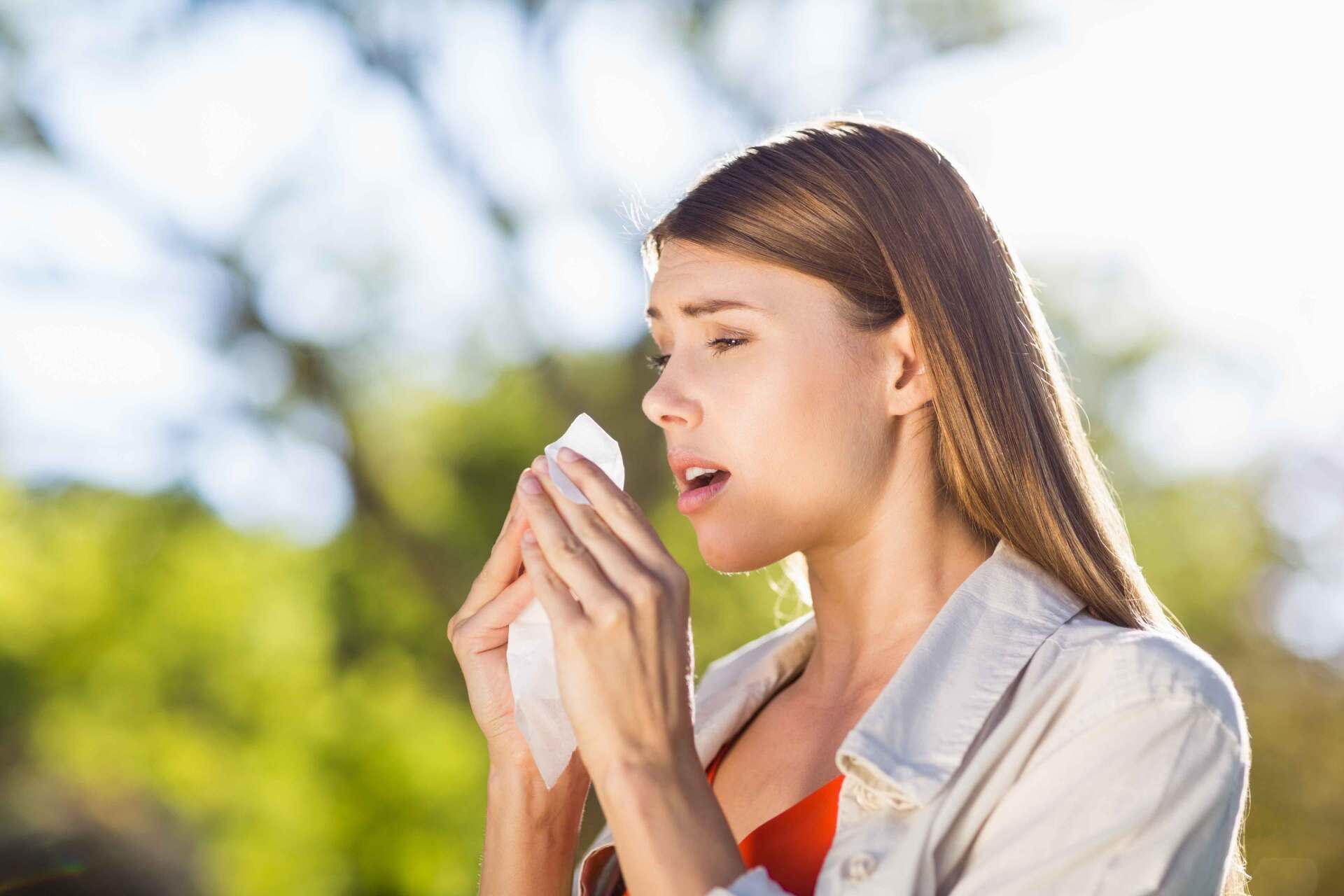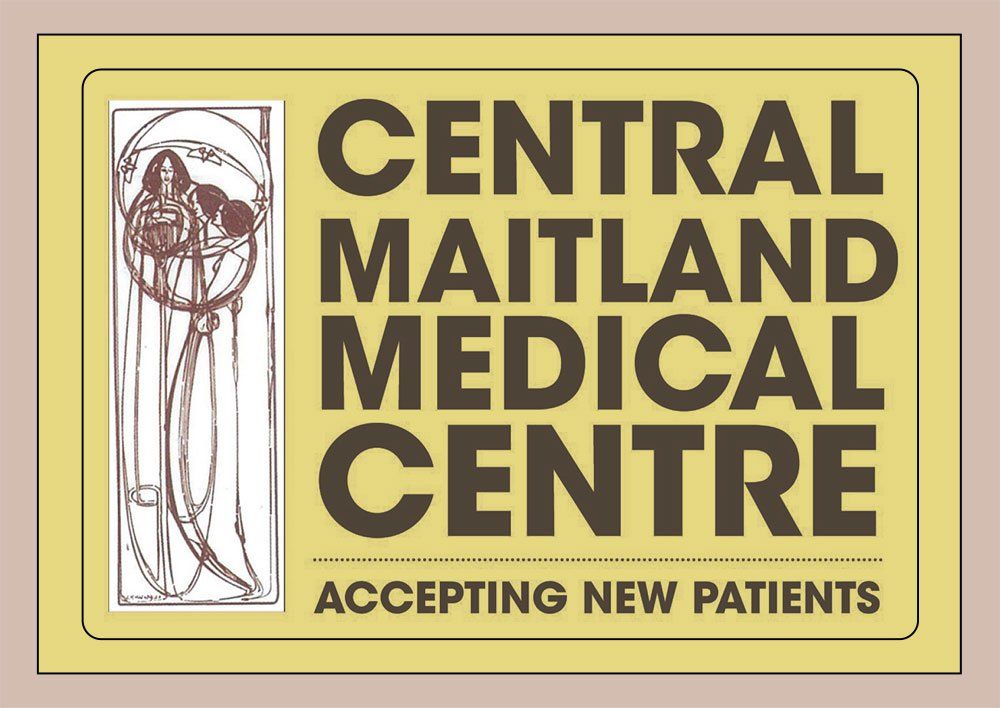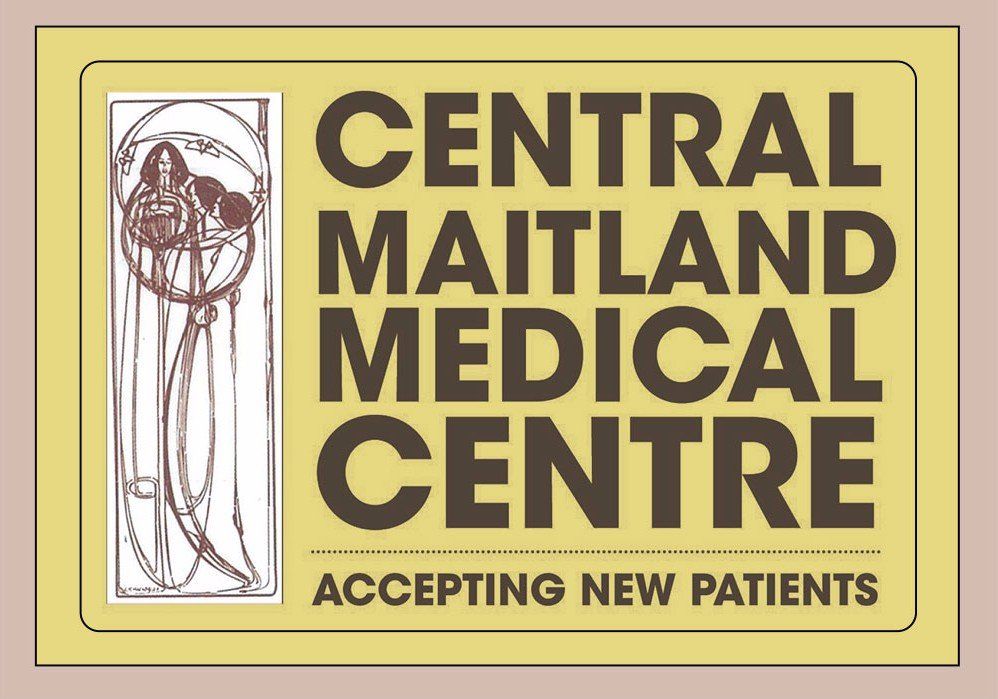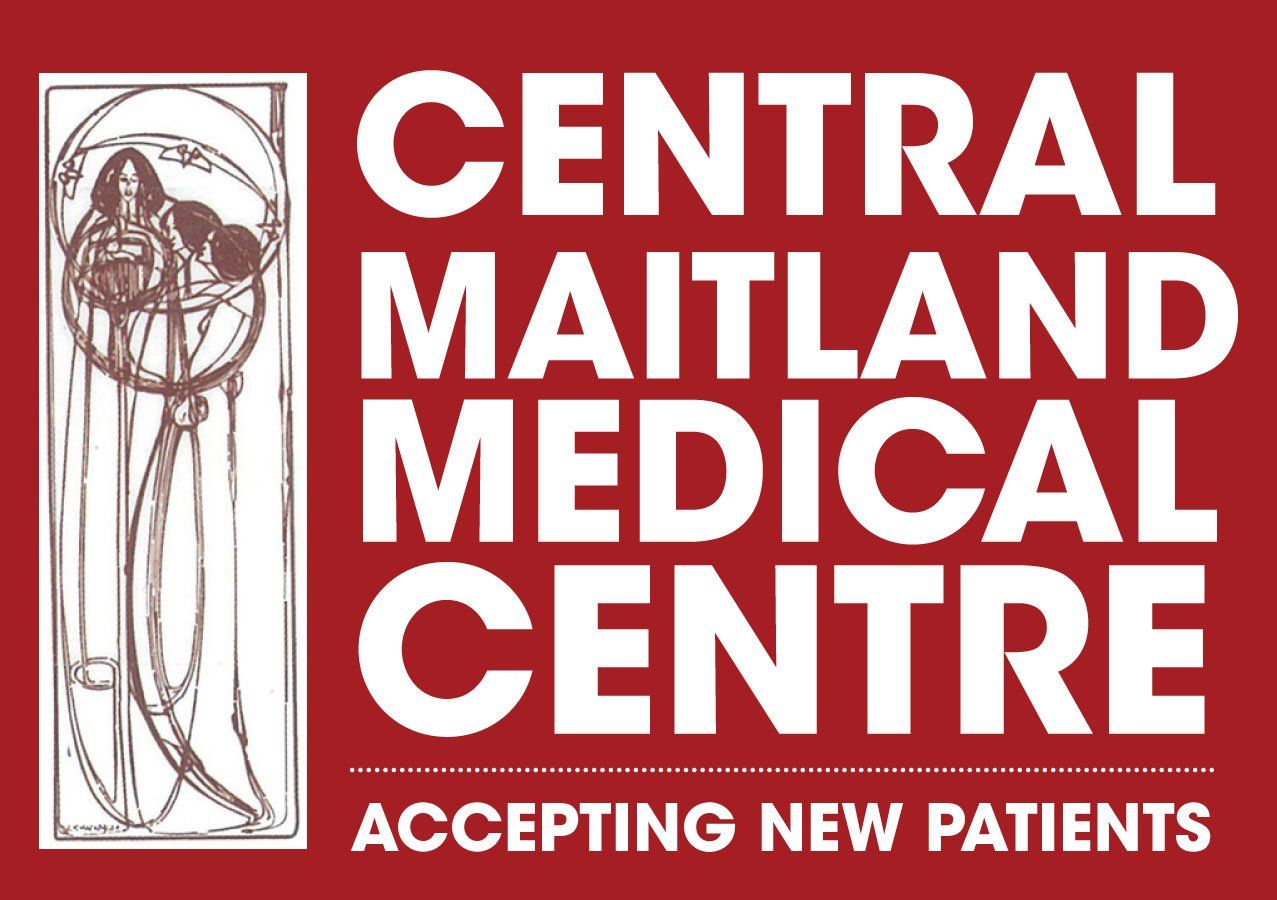Tips to Take Care of Your Mental Health during COVID-19
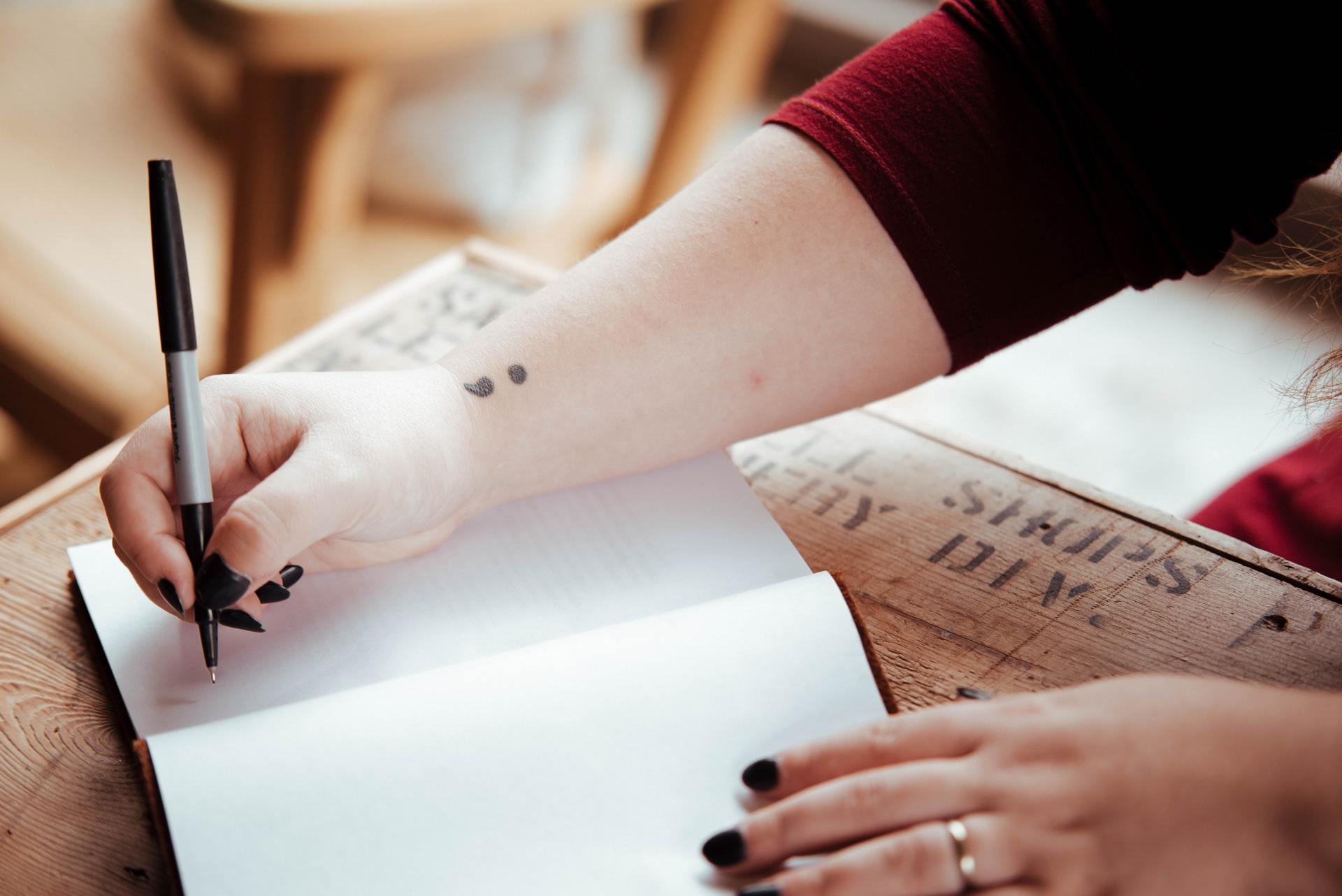
COVID-19 has changed our lives in so many ways, and sometimes not for the better.
As we are all adjusting to a new norm, we are also dealing with the stress brought by the pandemic and the precautionary measures to combat this disease.
Chances are your mental health is taking a toll as well. Medical specialists - psychologists mostly - say that we must acknowledge our anxiety and fears and address them accordingly. These coping strategies may help lower down our stress levels.
So how do you take care of your mental health during COVID-19? Here are 5 tips to help you get by.
1. Stay Physically Safe
Stay home wherever possible and form new hygiene habits to combat the spread of COVID-19 in your family. This will also help you manage your anxiety better.
Knowing that you are home and away from any place that could compromise your health can lower down your stress levels.
2. Filter Out Media
This can either give you a false sense of security or either get you more anxious about the future.
While it’s good to constantly keep yourself updated, it’s actually better if you filter out the legitimate news from the fake ones. Find reliable sources in:
- Australian Department of Health – http://www.health.gov.au
- World Health Organisation – http://www.who.int
- Reputable and reliable news sites
You may also want to learn how to manage your time listening to or reading the news. You may choose to read the news on social media an hour each day, usually in the morning or in the afternoon.
3. Maintain a Regular Schedule
If you work from home, you can create a normal schedule: wake up, shower, dress up, breakfast, work, relax.
Following a routine helps your mind maintain a sense of normalcy in our lives. Just remember that there’s no one-size-fits-all approach to maintaining a routine - a family may have a different style of doing things as compared to single people living independently.
Also set boundaries at the end of the day. For example, if you do work from home and you’ve clocked out at 5pm, do not entertain any communication from your office after that time.
4. Stay Connected
Staying at home does not mean you no longer have to see your friends and family for some time. You can stay connected using social media platforms and chat to them and host video calls.
These times can be extremely stressful for others, especially those who already live with some kind of mental health condition, and it’s best that you check up on them from time to time. Your presence and attention are enough.
On the other hand, if you believe that your friends on social media are only increasing your anxiety, you may opt-out from following them or even unfriending them should you believe that their posts are extremely toxic.
Staying connected doesn’t always mean having to read everything they share.
5. Seek Help
Psychologists are more than individuals with a psychology degree and pick on your brain. They can become mentors and friends who can help you get through stressful times and celebrate your triumphs with you. With professional help, you can better understand your body and mind as you get by this pandemic.
As well, the stress of staying in isolation may also take a toll on your physical health, so you might want to get a checkup with your general practitioner and see if you need further health assessments.
Staying at home, learning how to sift through information and staying connected are just some ways to cope with the new normal. It is important to take care of your mental health during this trying time.
Central Maitland Medical Centre understands that you might be feeling the stress of living in isolation for a long period of time. If you need assistance during this time, call us up at 02 4934 3767 or visit our website for a complete list of medical services we offer. Our medical specialists are always available for consultations depending on your need.
